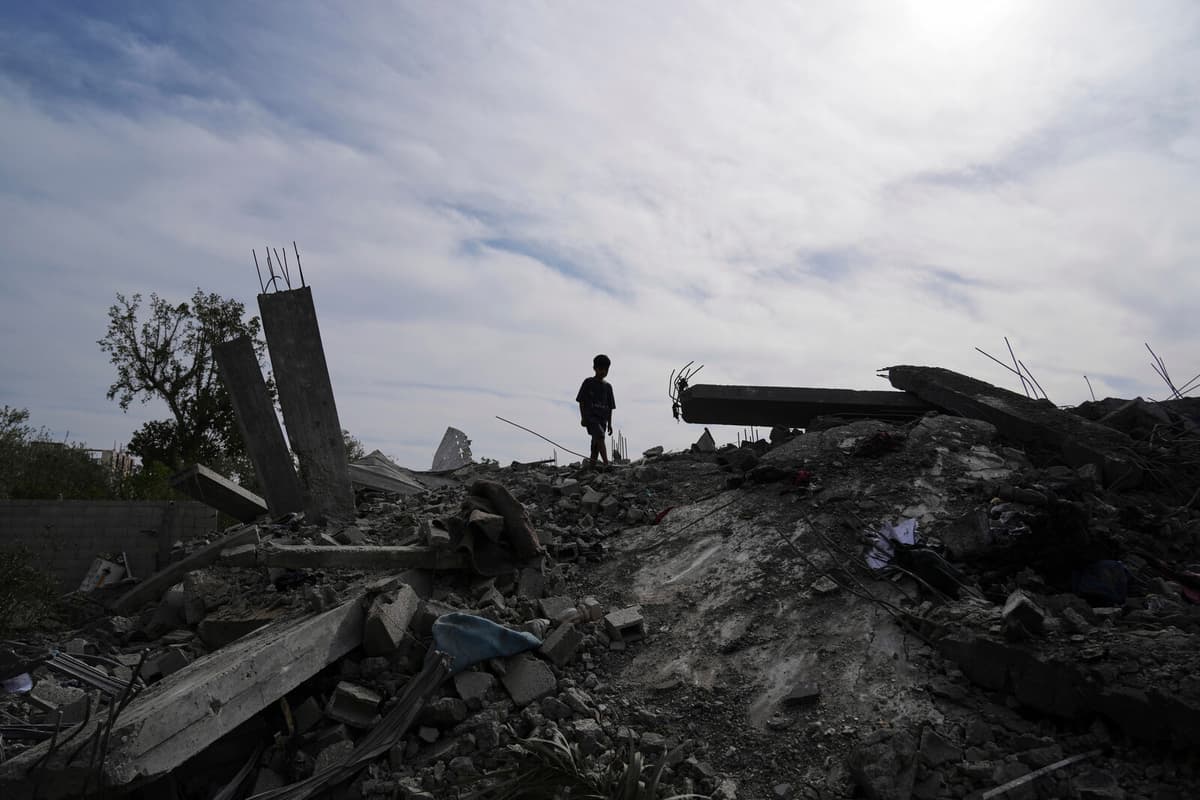It has been 75 days since Israel imposed a blockade on, among other things, food, medicine, and fuel to Gaza. The humanitarian situation is becoming increasingly acute.
Now, the world's governments and institutions must provide clear answers to the situation, and to reports that Israel is also planning to destroy buildings and move the entire population of the area to a very small area if no agreement is reached with Hamas by mid-May, according to Human Rights Watch (HRW).
Israel's plan is an escalation of the country's "ongoing crimes against humanity, ethnic cleansing, and genocide", writes the organization in a statement.
"Alarm at the highest level"
"Hearing Israeli officials boast about plans to squeeze Gaza's two million inhabitants into an even smaller area while making the rest of the country uninhabitable should be treated as an alarm at the highest level in London, Brussels, Paris, and Washington", says Federico Borello, Acting HRW Chief.
The appeal is particularly directed at the USA, France, Germany, the EU, and the UK, but all signatories to the Genocide Convention are urged to do more, including stopping arms sales, diplomatic support, and military aid to Israel.
Hunger crisis in real-time
HRW also urges Palestinian armed groups to release all civilians they detain, and Israeli authorities to release illegally detained Palestinians.
On Monday, the FN-supported IPC (Integrated Food Security Phase Classification) estimated that 470,000 Gazans are at risk of catastrophic starvation in the coming weeks. According to the World Health Organization (WHO), Gaza is experiencing "one of the world's worst hunger crises unfolding in real-time". This despite hundreds of thousands of tons of food, according to WHO, standing at the border, ready to be driven into Gaza, but blocked by Israel.
The far-right Security Minister Itamar Ben-Gvir has recently claimed that there is enough food in Gaza, despite repeated warnings that hundreds of thousands of Palestinians in the area are facing an acute risk of starvation.






